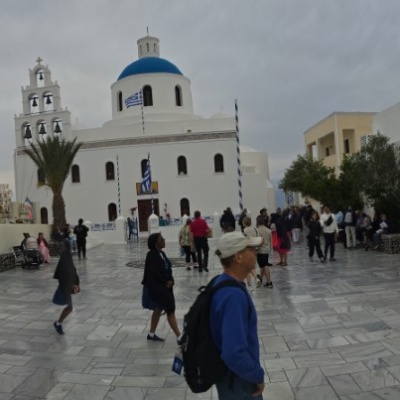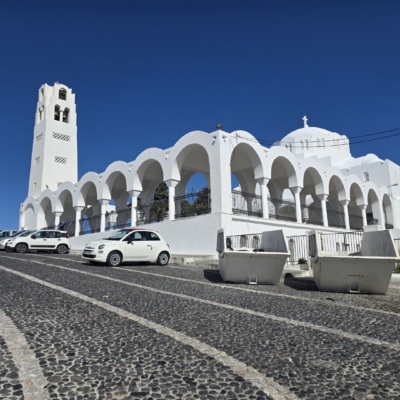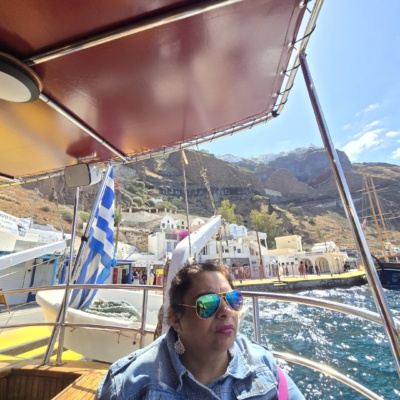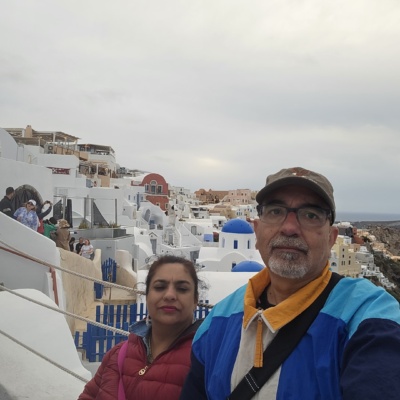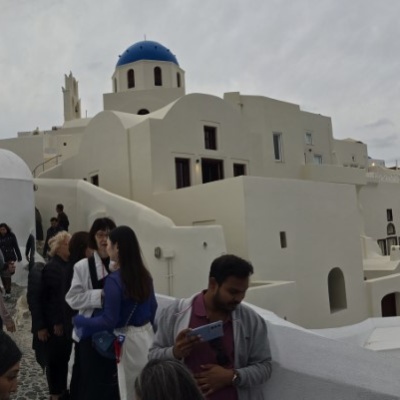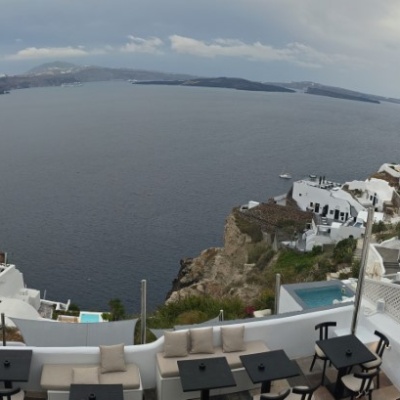Olympia, a small town in the western part of the Peloponnese Peninsula, is globally famous as the birthplace of the ancient Olympic Games. A serene and historic destination, Olympia offers visitors a chance to explore ancient ruins, temples, and learn about the origin of the most iconic athletic event in history. Here’s a guide to the top things to do and see in Olympia:
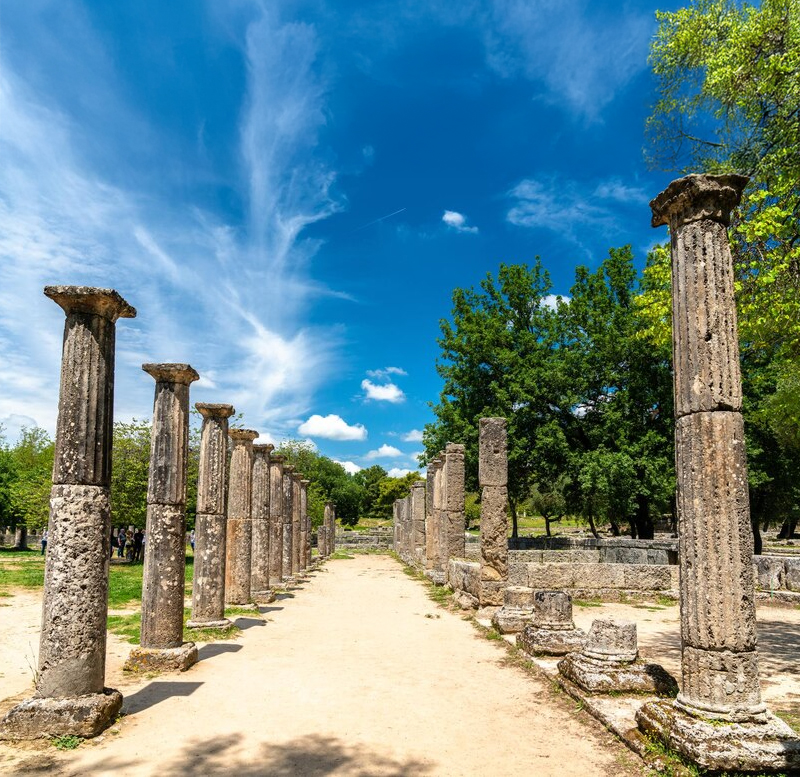
Ancient Olympia Archaeological Sites
Ancient Olympia Archaeological Site – The primary reason to visit Olympia is the archaeological site, which includes the remains of temples, stadiums, and altars that were once part of the sanctuary dedicated to Zeus. The site is vast, so take your time to explore it. Key points of interest include:
- Temple of Zeus: One of the largest temples in Greece, known for housing the famous statue of Zeus, created by the sculptor Phidias (one of the Seven Wonders of the Ancient World).
- Ancient Olympic Stadium: The site where the original Olympic Games were held, starting in 776 BC. The stadium can still be visited, where you can imagine the ancient athletes running on the same track.
- Altis Sanctuary: The sacred grove that housed the temples of Zeus, Hera, and other gods. This was the religious heart of Olympia.
- Philippeion: A circular memorial dedicated to Philip II of Macedon, father of Alexander the Great.
- Archaeological Museum of Olympia: Right next to the archaeological site, this museum houses an impressive collection of sculptures, artifacts, and statues that were found during excavations. Highlights include:
- The Statue of Hermes of Praxiteles: A masterpiece of classical Greek sculpture.
- The Pediments of the Temple of Zeus: Sculptures that adorned the temple of Zeus.
- Votive offerings and bronzes: Items dedicated to the gods, many related to the Olympic Games.
- Temple of Hera: Located near the Temple of Zeus, this temple is dedicated to the goddess Hera and was used for the ancient Olympic Games’ torch ceremony. The ruins of this temple are fascinating and offer insight into the religious rituals that took place during the games.
- Olympia Archaeological Park: The archaeological park surrounding the ruins is full of nature, including olive trees, which were sacred in ancient Greece. You can take a peaceful walk among the ruins, enjoying both the historical and natural surroundings.
- Olympus River: The river that flows near the archaeological site adds to the serene setting. It’s not only a natural wonder but also holds cultural importance, as it was part of the sacred landscape in antiquity.
Village and Town of Olympia
Modern Olympia Town: The town itself is charming and offers a relaxed atmosphere. It’s perfect for strolling through narrow streets and visiting the local shops, cafes, and tavernas. Try the local cuisine, including dishes like moussaka, souvlaki, and freshly made baklava.
Archaeological Stores and Souvenirs: There are many small shops in the town offering handmade items and souvenirs related to Olympia’s ancient history. You’ll find items such as replicas of ancient statues, olive oil-based products, and traditional Greek jewelry.
Olympia is not just a place to learn about the ancient Olympic Games; it’s also a peaceful and beautiful location to explore ancient history, nature, and culture. Whether you’re a history enthusiast, nature lover, or simply looking for a relaxing spot in Greece, Olympia has something for everyone.



